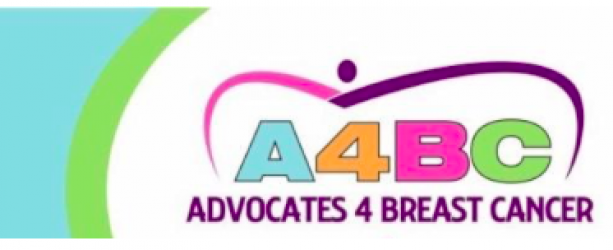Below is information taken from the San Antonio Breast Cancer Symposium (SABCS) web site explaining what the symposium is all about. Although I was unable to attend this year, I have attended in 2009 and 2010 and it is a very exciting fast paced meeting with incredible presentations of abstracts and clinical trials that are all about breast cancer.
In the evening the Alamo Breast Cancer Foundation had wonderful medical professional speakers that have many patient advocates as well as advocates who receive a scholarship in attendance to go over the presentations that went on during the day. Some of my fellow bloggers and friends including AnneMarie (Chemobrain….In the Fog With BC from 2 AD), Lori (regrounding),(CJ (metavivor.org), Gayle (pinkribbonblues.org), Jody (women with cancer), and many more attended and they have blogged and tweeted about the conference.
I have followed the conference and put articles in my daily breast cancer newspaper at http://www.scoop.it/t/breast-cancer-news. I have picked a great source called Onc Live that has a great review of the presentations in articles that if you missed the conference or just wanted to know about it, here is an excellent place to read articles of presentations in San Antonio.
I had hoped this year would bring more research for Metastatic Breast Cancer (MBC) and as a patient advocate I am discouraged because there wasn’t much news on MBC, except progress with those that are HER-2 positive. As a patient advocate I think that all of us need to use our voices to get funding for more research when it comes to MBC.
About SABCS
![]()
Bringing the Oncology Community Together

Copyright OncLive 2006-2012
Intellisphere, LLC. All Rights Reserved.








Reblogged this on takeawareness2action.
LikeLike